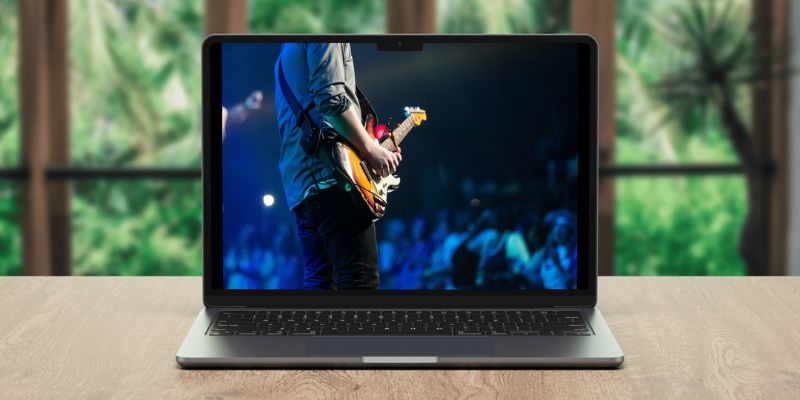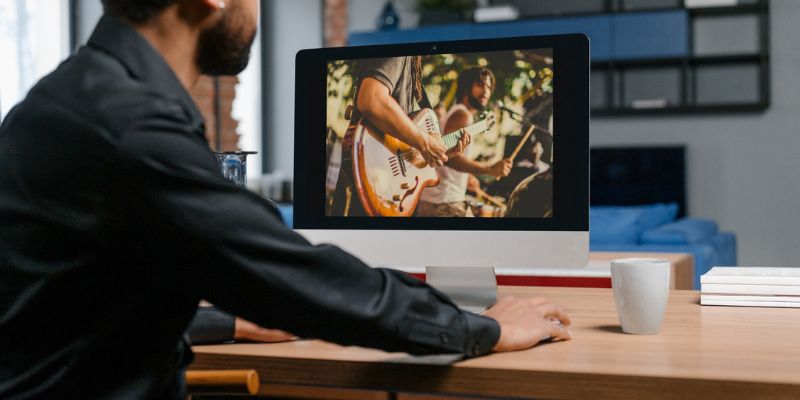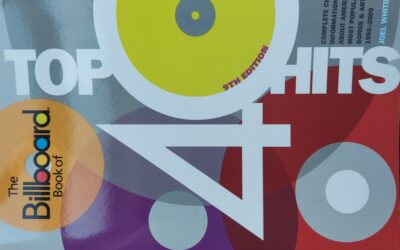With a deadly pandemic outside keeping everyone at home, how is an aspiring artist supposed to show their work to the world? Online of course! With social media being the largest platform on the planet, people around the world can now listen to their favourite bands without paying for a ticket. This seems like a huge benefit for the people listening but how does it work for the people who actually make the music?
For starters, it doesn’t benefit them the same way live concerts do. For live concerts usually, artists are either paid by the venue/promoter to play or receive a share of the ticket fee collections. For livestreams and videos, artists are paid much less – if at all – and that amount is based on the number of viewers and subscribers they have. You could say this shouldn’t prevent them from playing though – “an artist that only plays for the money is not an artist” – and so on. Clearly, the benefit to the musicians is that their music can now be delivered to audiences with little need for an intermediary (apart from the social media platform of choice) and thus access a much wider audience, but sustainability and revenue are different matters altogether.

Also – there could be another way to look at this: does this seem, in a way, ‘desperate’? Streaming a concert does not have the same feel as an actual concert. No special lights, no crowd, the sound just won’t be the same. So why do it? Why do all those musicians stream their performances if they know the results are not going to be as spectacular as their live shows? There could be a simple explanation: they need to. Not just to support themselves, but to support their fans and viewers, and to support their fundamental drive to create, perform and share.
Metallica, one of the world’s biggest Metal super-stars, has set up a streaming service on their YouTube channel and on their Facebook account, calling it #MetallicaMondays, where they play a concert every week for a fundraiser that supports food insecurities and medical supply shortages in the current pandemic. This example also shows that musicians can have a positive influence on a lot of people. This gives them a responsibility not just as an influence, but to give hope in times of crisis such as this. That might sound like one of those cliched ‘morals’ in some Disney movie, but it is true.
So what’s the verdict? Musicians are influencers. Their music can change people’s lives. With the World Wide Web transforming into the new ‘space’ for literally everything – education, entertainment, work, play – art and music are consumed through it more than anywhere else. Online concerts can be fun. They aren’t the most sustainable if they cannot be monetized, but they can be a great platform to expose / consume new material. So perhaps the scale here is tilting in favour of them… what do you think?




